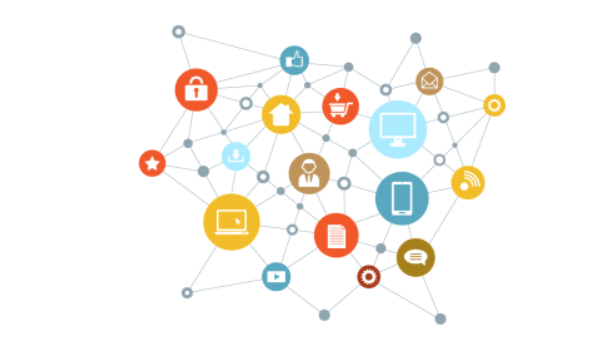The retail channel definition is a fairly straightforward description. Essentially, the retail industry is the exchange of services and goods for a specific monetary value at a retail outlet. This means that the customer and the retailer both have to be in agreement that the retail outlet is a valuable entity both to the individual consumer and the company conducting business. There are several types of transactions that can take place within the retail market. These include sales of products and services to customers, sales of items to the public, and rentals of goods.
Understanding The Components of The Retail Channel Definition
Because the retail channel definition has so many different components, it is critical that all parties involved in retail exchange know what they are getting into. This way, it is easier to create plans and strategies that will ensure success. A good example of this is the development of an identity provider solution. With this strategy, a particular company would enter into a retail marketing deal with another firm that would provide a brand name for the company. For example, homedex heat press would make such a deal for their brand name.
Terms Used
In order to apply the retail channel definition, one must identify the different terms used within the industry. One common term is omnichannel. Omnichannel is defined as “the ability to process transactions in multiple forms, such as via telephone, internet and mobile.” This is important because all transactions made within the retail outlet must take place in multiple forms, in order to truly be considered” omnichannel “or “multi channel.” Furthermore, it should be noted that omnichannel deals include multi-sales retailing as well.
Another term found within the retail channel definition is interchange channel. Exchanging goods and/or services between multiple parties is called interchange. When considering this definition, it is important to understand that it does not encompass the provision of the same product or service to one party and a different product or service to another. This is considered to be a benefit within the definition, though.
The third term to consider within the retail channel definition is the identity provider solution. An identity provider solution is considered to be a computer program or system that is used by a particular business or company to create and maintain a virtual storefront and “real life” channel presence. In other words, businesses that opt to implement an identity provider solution will partner with a third-party software developer who will create the physical store, which includes signage, displays, merchandise and more. The retailer will have control over the inventory and end-of-sale experiences.
Multi Channel Concept Strategy
Within the retail channel definition, another important concept to note is multi-channel. This concept refers to a strategy that involves the use of more than one type of channel to promote a product or service. For example, an organization could opt to market its products and services through multiple forms of digital signage, which can be accessed via handheld devices, desktop computers and other mobile devices. A fourth example of multi-channel would be to use a cellular service to provide customers with information about a specific retail outlet.
Defining OmniChannel
Within the sales channel definition, the term omnichannel refers to a situation in which multiple forms of communication are used to reach a single consumer. This situation typically occurs within the brick-and-mortar retail industry as well as online. One example of an omnichannel experience in action would be a customer purchasing a product or service at one location, then placing their order online at another retail location. In addition, this type of retailing practice can also take place on the Internet. For example, a customer may purchase items from a website that is operated by a retailer with a physical store in another part of the country.
Mobility
Within the sales channel definition, the term mobility is defined as the ability for a customer to perform transactions in more than one place at any given time. The definition also includes the ability for consumers to do business in more than one form. For example, a consumer may make a purchase of certain products or services, but then perform other activities through online shopping portals or by phone, fax or mail. In today’s retailing environment, omnichannel capabilities are important in the ability for customers to do multiple tasks while engaging in business with a retailer.
Also read Advantages Of Vertical Marketing Systems


